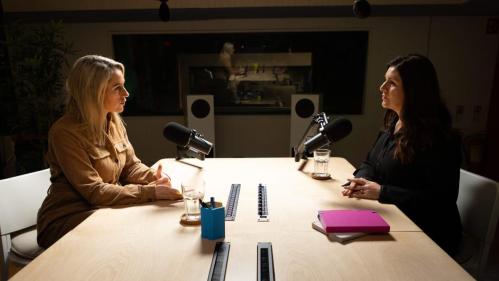
While we recently saw touching footage of a legally blind mother seeing her child for the first time, the auditory brainstem implant (ABI) is expected to do the same for children born without working auditory nerves.
The cochlear implant has made great strides in helping deaf children, but unfortunately it is of no use to the small fraction born without a working hearing nerve. The ABI is working to make up for this, by delivering electrical stimulation directly to the neurons on the brainstem that the nerve normally wouldn’t have targeted.
As demonstrated on a number of young volunteers, the ABI works in the following way: the subject wears a microphone on the ear to detect sound, then a processor changes it to electrical signals. These signals are then beamed to a stimulator under the skin, which sends the signals to the brainstem via a wire.
One three-year-old girl who has been living with the ABI is Angelica Lopez, and while it has taken a while to get used to the highly complex system, it is working.
Researchers at the University of Southern California confirm that Angelica and the other children are progressing well with the ABI treatment, but given the intensive nature of the surgery involved, it is still in its early stages of testing.
This sounds like a truly ground-breaking discovery that could transform lives. We'll be interested to see how it progresses.







